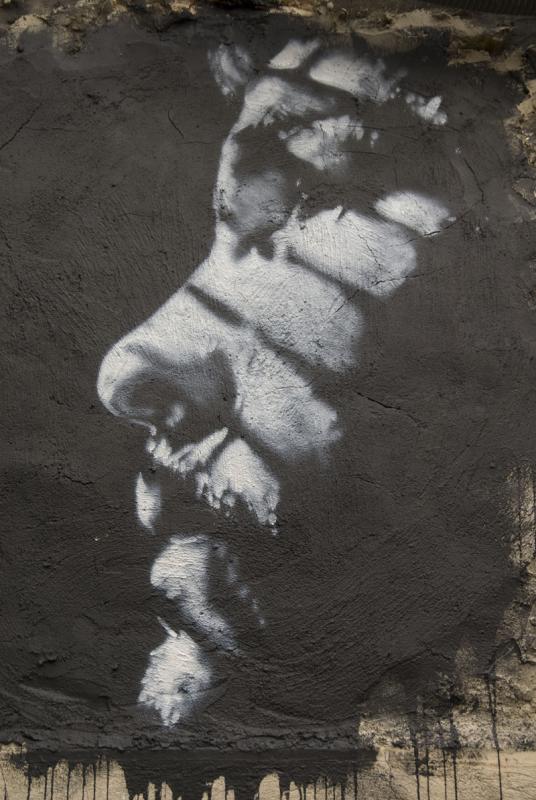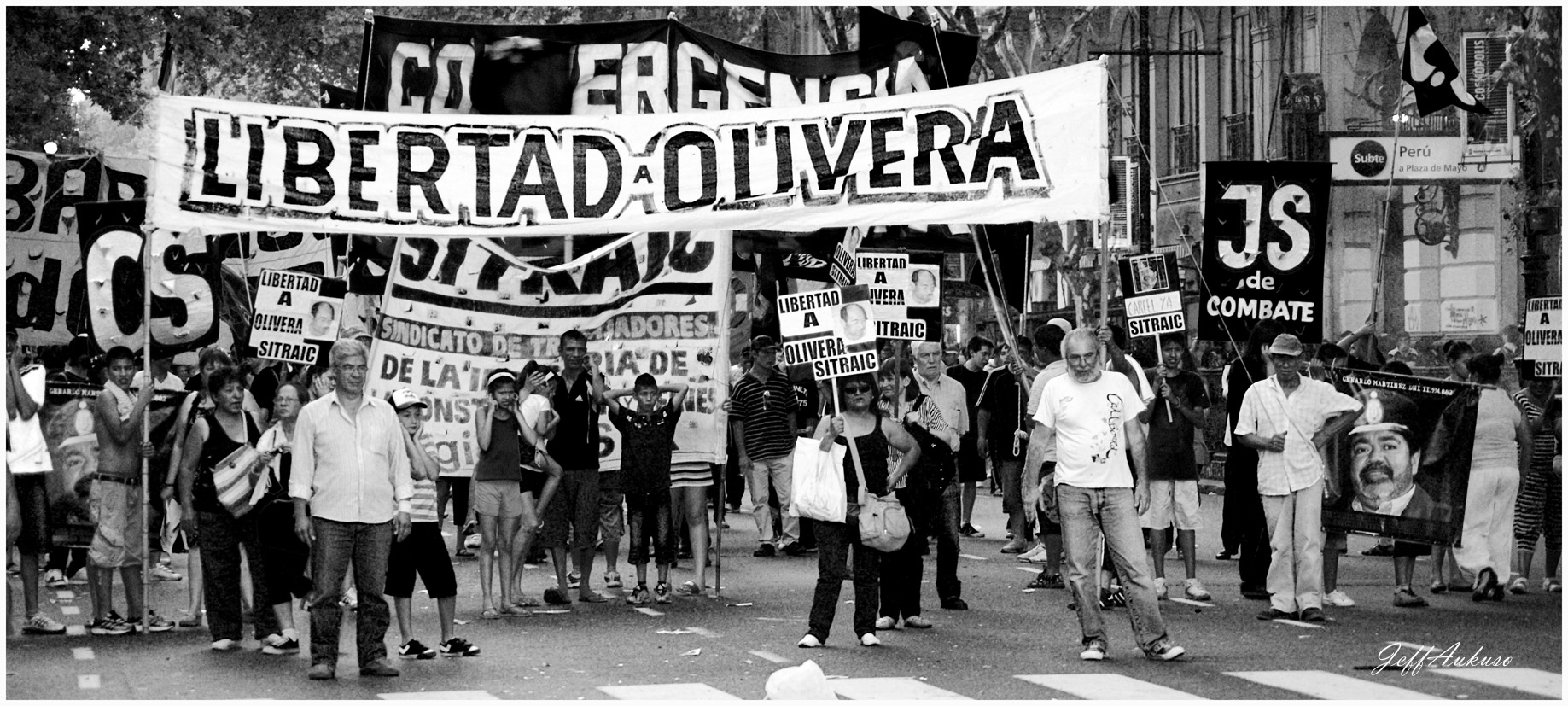The romantic allure of Paris often obscures American perceptions of French film. French cinema can be as gritty and moody as that of any other country. In recent years, critical favorites, such as Marion Cotillard’s Oscar-winning performance in La Vie en Rose (140min, 2007) and the cult hit Amélie (122min, 2001), have allowed French movies to make the jump into American mainstream culture. Un Prophéte (155min, 2009), France’s submission to the 82nd Academy Awards, is one work that has the potential to join the ranks of the aforementioned films thanks to the many accolades it has received on both sides of the Atlantic Ocean.
Un Prophéte follows the narrative of Malik el Djebena, an Arab prisoner in a French prison sentenced to six years for an undetermined crime. Malik is portrayed by newcomer Tahar Rahim, a young man with both the looks and emotional control of a Zachary Quinto (Star Trek, 2009)/Josh Brolin (No Country for Old Men, 2007) hybrid. At the beginning of the film, Malik is young, weak, and illiterate. Despite this he is chosen by the kingpin of a feared subunit of the gang known as Unione Corse, which runs the inner-workings of the prison, to murder a fellow prisoner. The Union Corse’s members hail from the island of Corsica, off of France’s Mediterreanian coast. This brutal gang is known for its unyielding love of violence and autonomy. Some conspiracy theorists have even linked the Unione Corse to the assassination of John F. Kennedy. Malik finds himself at odds with the gang’s Corsican members because of his North African heritage. They label him an “Arab Rat” and reduce him the role of housewife, forcing him to clean jail cells and make coffee.

Malik, at first wary of killing a prisoner, agrees to commit the act only after the gang teaches him proper technique and guarantees protection from any consequences. Malik slices the throat of the convict Reyeb, granting him the position of lieutenant within the Corsican gang but leaving him with haunting visions of the grizzly crime scene for the rest of the film. Malik, with the help of his friend Ryad, learns how to read and masters the Corscian language, partly to help clear his mind of the murder. Ryad is released shortly after and remains a close ally to Malik from beyond the prison walls. Malik learns that Ryad is dying of cancer and swears to take care of Ryad’s family once he is released from prison.
The kingpin assigns Malik more daunting tasks involving drug trading and illegal gambling. Through good behavior and the kingpin’s omnipresent influence, Malik is granted day passes to leave the prison in twelve-hour shifts. While on the outside, Malik completes tasks for the kingpin and sets up his own small-scale drug trade with the help of Ryad. The titular moment comes when Malik, while on leave, foresees and then survives a horrific car crash. While the rest of criminal community is left is awe of his ability, Malik secretly believes that his prophesying draws from Reyeb’s unearthly influence over his life. Though he continues to gain influence within the gangs of the prison, Malik finds himself increasingly unsatisfied with his choices in life. Malik comes to an ultimatum: continue in the life of crime from which he has derived a sense of purpose, or leave the underground crime rings in search of something more meaningful.
Jacques Audiard, the director of Un Prophéte, has stated that this film has nothing to do with his vision of society but nevertheless, this film does represent a usually repressed vision of French society. While following a young prisoner who comes to learn about mortality, this film deals with several social issues currently plaguing France. Though France claims equality for all its citizens, many members of its North African community feel that French society does not live up to the slogan liberté, égalité, fraternité. Of the 65 million people who currently reside in France, nearly 5 million of them are Arab. In 2004, France banned the use of veils and other Islamic dress in state schools. French Parliament is currently debating proposed legislation that would ban the burqa, a head-to-toe garment occasionally worn by Muslim women, from many public places in France. (French Muslim women rarely wear burqas.) Much like Mexican immigrants in the United States, Arab immigrants in France are often accused of failing (or refusing) to assimilate. Some American politicians, such as Tom Tancredo of Colorado and Jim Sensenbrenner of Wisconsin, both members of the GOP, see the influence of Mexican culture and Spanish language as a threat to the national American identity. A similar theme exists in French politics. Muslims occupy 3 of the 577 seats in France’s National Assembly. Some members of the ruling Union pour un Mouvement Populaire party in France believe that building mosques near churches or allowing women to wear garments as restrictive as the burqua or even a headscarf undermine French nationalism. In Un Prophéte, the prejudice that Malik encounters due to his North African roots and the struggle that he endures to rise above this prejudice acts as a metaphor for the struggle of Muslims across France. It is this incorporation of modern French social issues with a gripping story of a boy becoming a man that makes Un Prophéte worth watching when it makes its limited stateside debut on February 12, 2010.



